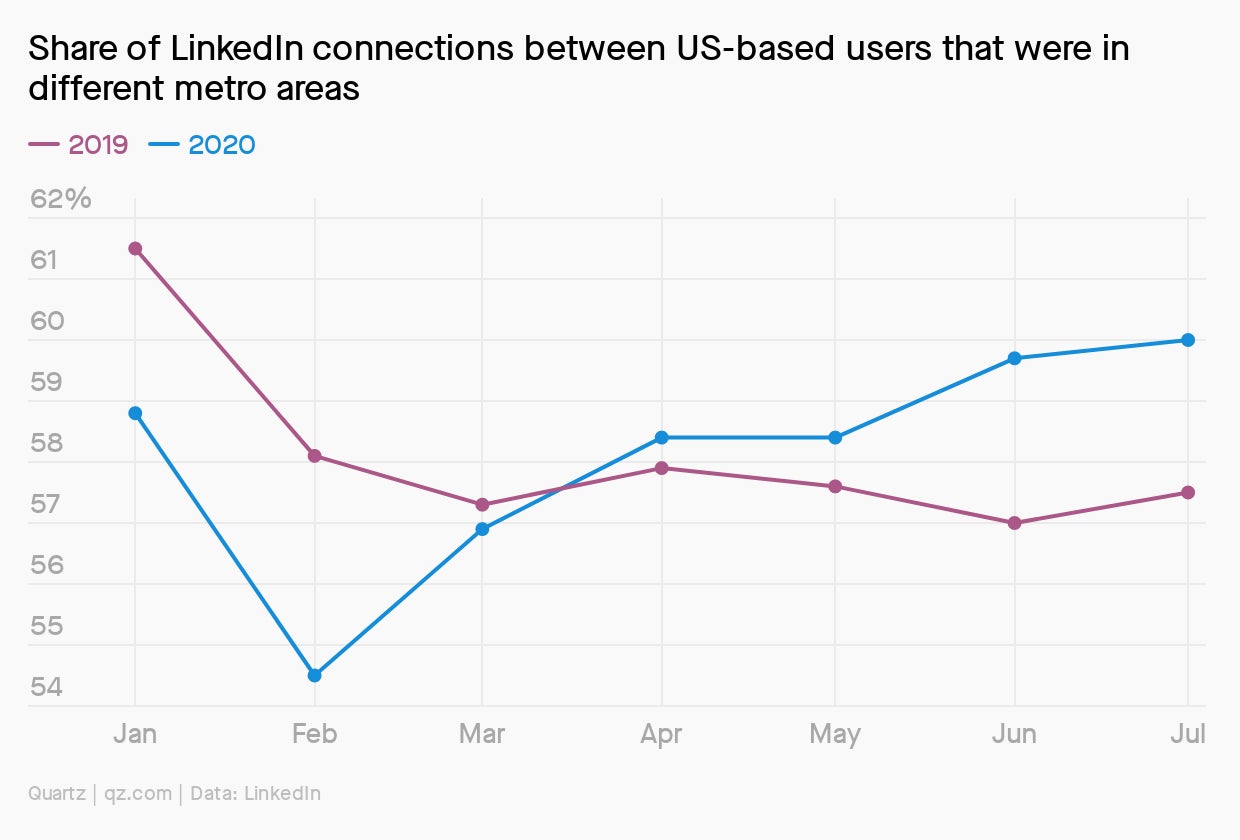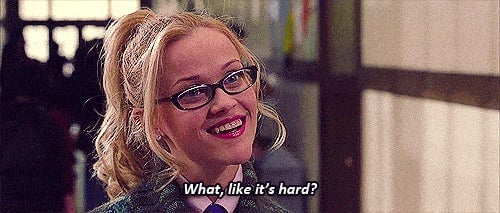Japan’s PM quits, Prince vs. capitalism, Wu Tang scam
Good morning, Quartz readers!

Good morning, Quartz readers!
Here’s what you need to know
Japan’s prime minister resigned for health reasons. Shinzo Abe suffers from ulcerative colitis, a chronic, debilitating condition. He is Japan’s longest-serving PM, taking charge of the world’s third largest economy from 2006-2007, and again from 2012.
The NBA playoffs could resume. After several days of protests against police brutality—led by players who are uniquely positioned to do so—league president Mike Bass is “hopeful” that games are back on today or tomorrow. Meanwhile, a white teenager was charged with homicide over the deaths of two protesters in Kenosha, Wisconsin.
Donald Trump accepted his nomination by the Republican Party. The US president spoke in front of a packed and mostly mask-less crowd outside the White House, and cast himself as a defender of the American way of life against an assault by radical forces.
The British government said it’s safe for people to return to work. It is launching a campaign to get workers back in offices, and prevent downtown areas turning into what one business organization described as “ghost towns.” But it is not clear what authorities can actually do to get company staff out of their homes.
Obsession Interlude: Fixing capitalism
“Albums still matter. Like books and Black lives, albums still matter.”
Prince, here citing the Black Lives Matter movement at the Grammys in 2015, is perhaps a slightly unusual standard-bearer for Quartz’s Fixing Capitalism obsession. Bear with us.
Prince was part of the holy trinity of the 1980s, alongside Michael Jackson and Madonna. But despite his enormous commercial success, by the early 90s he had decided to hold the entire music industry to account. He demanded that the mighty Warner Bros, with whom he had recently signed a new multimillion-dollar deal, hand over the master recordings of his biggest hits. “If you don’t own your masters,” he said, “your masters own you.” It’s a story of economic empowerment, systemic change, and justice.
In our reporting, we look at the same fault lines that Prince identified. And we do it while listening to this Fixing Capitalism playlist, a collection of songs—a triple album, really—about money, poverty, inequality, power, and opportunity.
Pop in here to see what else we’re covering in our new Fixing Capitalism obsession.
Charting LinkedIn geography
With people spending less time in public spaces and more time communicating online, geography has become practically irrelevant for many employers.
That trend is showing up in LinkedIn’s connection data. In late 2019, the company started to promote connections between people who actually know each other, rather than with people they found on the internet. But despite the new policy, connections between people in different metro areas started to grow after the pandemic hit the US.

If you’d like to help Quartz readers get to know each other a little better, please send a high resolution, horizontal JPEG of your work-from-home set-up to [email protected] for a chance to be featured in our upcoming field guide. No space too small!
Classic college films, but make them coronavirus

Quartz imagined what the movie plots of four classic university films would look like, if they took place during this year’s fall semester:
🤓 Revenge of the Nerds: A group of socially awkward computer science majors gets its long-awaited revenge on the less socially awkward computer science majors by challenging them to a contest to build a startup successful enough to justify dropping out of school. A prank montage involving hacked computer cameras disrupts multiple industries—not to mention class.
🎵 Pitch Perfect: A ragtag a capella group must contend with its new status as superspreaders after an outbreak is traced back to its fall semester tryouts. In the end, we learn that, no matter where we all fall within a complex campus popularity hierarchy, we’re all the same when we’ve got a Covid test up our nostrils.
🍻 Old School: Mitch starts taking online college classes because of lockdown boredom, though he’s long past traditional college age. And, despite an awkward in-bedroom streaking scene, he and his friends go on to become virtual campus legends by inventing sourdough starter wrestling.
As coronavirus forces universities to contend with a shift to remote learning and existential dilemma over the value of campus life, films of the future will have to figure out how to bring high-stakes campus drama online. Read more in our field guide to higher ed going remote.
✦ It may be a new semester for students, but for the rest of us, the end of summer goes by without much fanfare. Make it special by taking half off of your first year of Quartz membership, using code “SUMMERSALE.”
You Asked about pandemic fashion
How is coronavirus affecting the fashion industry? What is the future of business wear, casual wear, anything that we wear?
The pandemic has walloped the fashion industry. At its start, factories around Asia paused work, and then Western brands canceled orders to avoid building up unsellable inventory, dealing a huge blow to garment-exporting countries and their workers.
As the lockdowns spread, stores closed and tourism plunged, drying up a major source of sales for luxury brands in particular. Only online retailers seemed immune. High-fashion labels finally embraced digital sales, and may even be warming to Amazon. Fashion weeks went online too, though physical shows are already on their way back. Overall, the big players will survive the turmoil, but many independent designers may not.
So, what are people actually wearing? On the high-end, rare sneakers and handbags have maintained their popularity. Office clothes such as dress shoes and men’s suits have not. The only growth areas worth talking about are in loungewear and athleisure—and luxury face masks of course. One unexpected upside: Fashion retailers say their costly returns are down.
Surprising discoveries
Elephants need some help forgetting. The Warsaw zoo will attempt to de-stress its herd with medical marijuana.
An old coach is learning new tricks. Veteran soccer manager José Mourinho said he is adding Korean to the six languages he already speaks to better communicate with a star player.
A 17th-century Dutch masterpiece was stolen… again. Thieves made off with Frans Hals’s Two Laughing Boys, the third time the painting has been pilfered.
A plane built by an enthusiast on a rooftop flew for the first time. It took off safely from its Mumbai tower block.
Martin Shkreli and his Wu Tang album are coming to Netflix. The convicted fraudster and pharma scammer infamously bought the only copy of a record by the hop hop collective.
Our best wishes for a productive day. Please send any news, comments, a homemade plane, and better painting security to [email protected]. Get the most out of Quartz by downloading our app on iOS and becoming a member. Today’s Daily Brief was brought to you by Hasit Shah, Susan Howson, and Max Lockie.